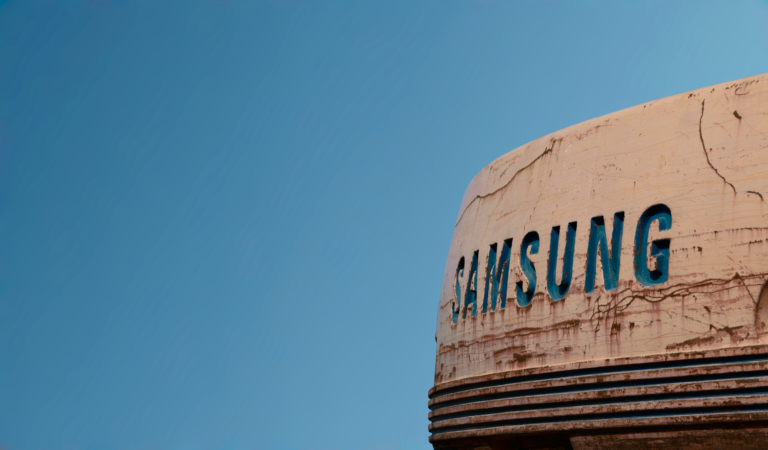Diwali, also known as Deepavali, is one of the most widely celebrated festivals in India and holds cultural significance that extends far beyond its country of origin. The festival, often referred to as the “Festival of Lights,” symbolizes the triumph of light over darkness and good over evil. Diwali is marked by vibrant celebrations, rituals, and a sense of togetherness that unites families and communities.
Historical and Religious Significance Diwali has roots in various mythologies and religious traditions. For Hindus, it commemorates the return of Lord Rama, his wife Sita, and his loyal companion Hanuman to Ayodhya after defeating the demon king Ravana. For Jains, it marks the spiritual ascent of Lord Mahavira. Sikhs celebrate Diwali to honor the release of Guru Hargobind Ji from imprisonment. Despite the diverse narratives, the essence of Diwali remains rooted in the victory of light and righteousness.
Festival Preparations and Decorations In the weeks leading up to Diwali, homes and public spaces come alive with vibrant decorations. The lighting of oil lamps, or diyas, is a central theme, symbolizing the dispelling of darkness and the welcoming of prosperity. Colorful rangoli designs, made with powdered pigments, adorn entrances, and traditional earthen lamps illuminate the surroundings.
Traditions and Rituals Diwali is a time for families to come together and engage in various rituals. Homes are thoroughly cleaned and decorated to welcome the goddess Lakshmi, the bringer of wealth and prosperity. Prayers and offerings are made to seek blessings for a prosperous year ahead. Exchanging gifts and sweets among friends and family is a common practice, fostering a sense of joy and camaraderie.
Fireworks and Celebrations One of the highlights of Diwali is the spectacular display of fireworks. The night sky is illuminated with bursts of color and light, creating a festive atmosphere. The sound of crackers resonates through neighborhoods as people revel in the celebratory spirit. Community events, cultural performances, and feasts further contribute to the joyous ambiance.
Diwali Around the World While Diwali has its roots in Hinduism, its celebration has transcended religious boundaries and is embraced by diverse communities worldwide. In countries such as Nepal, Sri Lanka, Malaysia, and Singapore, Diwali is observed with enthusiasm and cultural festivities. In multicultural societies, the festival serves as a unifying force, promoting understanding and harmony.
Environmental Considerations In recent years, there has been a growing awareness of the environmental impact of fireworks during Diwali. Efforts are being made to encourage eco-friendly celebrations, promoting the use of sustainable practices and reducing air and noise pollution.
A Time for Renewal Diwali, beyond its religious and historical roots, is a celebration of renewal and hope. It symbolizes the victory of light, knowledge, and goodness over ignorance and darkness. As people come together to celebrate Diwali, the festival serves as a reminder of the universal values of joy, unity, and the triumph of the human spirit.








